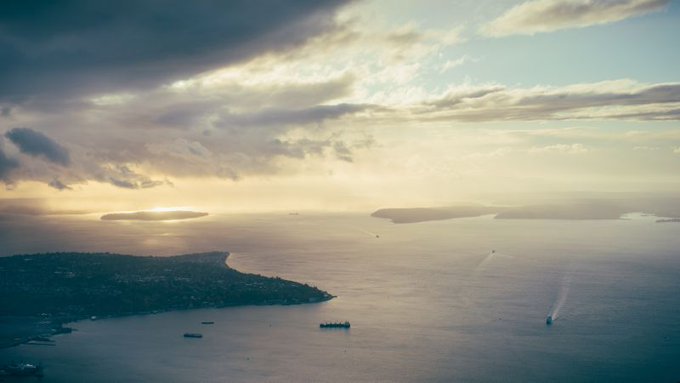In connection with the UN Climate Action Summit, MAN Energy Solutions has joined a new climate grouping, dedicated to developing zero-emission vessels by 2030. The ‘Getting to Zero Coalition’ is a partnership between the Global Maritime Forum, the Friends of Ocean Action, and the World Economic Forum.

The Coalition comprises a broad grouping of industry players that includes equipment manufacturers, shipowners, energy companies and fuel providers, financial institutions, ports, customers and logistic companies, governments and IGOs.
The Coalition has already planned a series of initial steps including the creation of a shared industry roadmap, and identifying the technologies, investments and actions needed to get commercially viable ZEVs operating on the water by 2030. By January 2021, the Coalition will seek to deliver:
- a committed community of parties from across the maritime spectrum
- visible, transformational leadership
- a shared knowledge base
- demonstrations and pilot projects.
MAN Energy Solutions views the Getting to Zero Coalition’s aims as closely aligned with its own strategy of cooperating with external partners to expand its business with sustainable technologies and solutions, such that they become its main source of revenue by 2030.
Bjarne Foldager – Senior Vice President, Head of Two-Stroke Business at MAN Energy Solutions – said: “Joining the Getting to Zero Coalition makes perfect sense for us as system technologies that help our customers to reduce emissions and lead the way to a carbon-neutral future already form a significant part of our business strategy. We understand the need to work with a wide group of industry partners to achieve this strategy and the Getting to Zero Coalition is therefore a perfect match. In shipping, MAN Energy Solutions has publicly spoken out in favour of a ‘maritime energy transition’ for some time now, which draws on the increased use of low-emission fuels. For us, the path to decarbonising the maritime economy starts with fuel decarbonisation, which will be a natural step toward the development of Zero Emission Vessels.”
The Coalition views its formal launch as the first step on the path to making commercially-viable zero-emissions vessels (ZEVs) a reality by 2030. Future planned events include participation at the UN Climate Action Summit 2019, COP25 in Chile December 2019, the Global Economic Forum’s Annual Summit 2019, and the World Economic Forum’s Annual meeting 2020.
Coalition background and objectives
Shipping made a breakthrough on climate change in 2018 when governments at the UN’s International Maritime Organization agreed on an ambitious plan to at least halve the sector’s greenhouse-gas emissions by 2050 and to pursue efforts towards phasing them out entirely. Meanwhile the latest Intergovernmental panel on Climate Change (IPCC) science suggests a need for full decarbonisation by 2050 across all sectors. This will clearly require not just significant improvements in the energy efficientcy of ships and engines but a switch to zero-carbon energy sources.
The Getting to Zero Coalition believes that making deep-sea, ZEVs a commercially viable and scalable reality by 2030 is an important step on the way to the IMO ambitions and full decarbonisation. It aims to:
- create awareness of the need to transition to zero emission vessels as a fundamental part of shipping’s decarbonisation
- demonstrate the commitment of companies across the value chain as well as governments and IGOs
- to work together to make the transition possible
invite other public and private sector organisations who share the ambition to join the Getting to Zero Coalition - inspire and encourage other hard-to-abate sectors to progress their decarbonisation efforts.
Source: MAN Energy Solutions